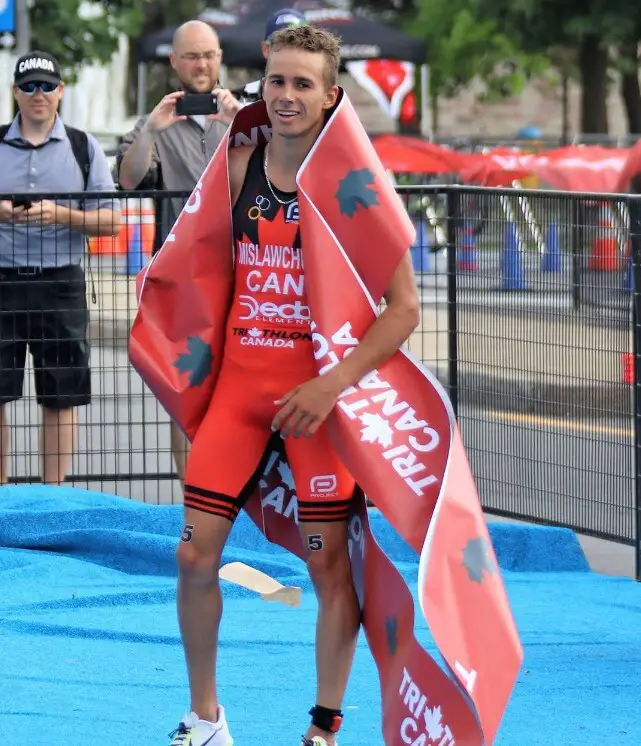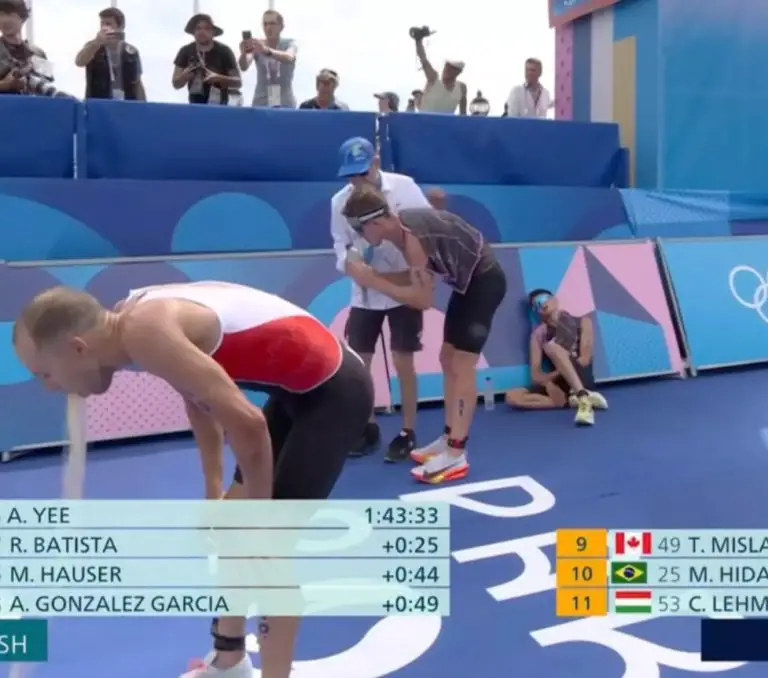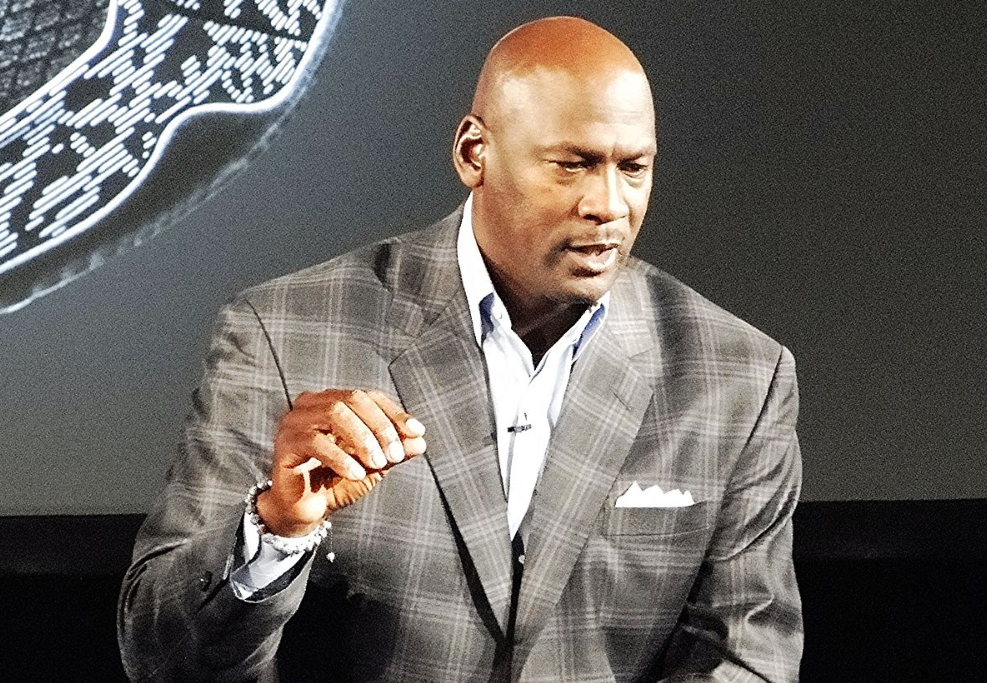Canadian triathlete Tyler Mislawchuk recently addressed concerns about his health following the Olympic triathlon in the River Seine, clarifying that his sickness was due to the extreme Parisian heat and not the water quality. After finishing ninth in the men’s triathlon, Mislawchuk was seen vomiting multiple times, which led to speculation about the safety of the Seine. Despite initial fears of contamination, Mislawchuk emphasized that the intense heat during the final laps of the race was the true cause of his illness.
The River Seine has been under scrutiny due to its long-standing pollution issues, leading to apprehension about its suitability for the Olympic events. Some athletes, like Belgian triathlete Jolien Vermeylen, expressed discomfort about swimming in the river, with Vermeylen noting she encountered unsettling debris while competing. USA’s Seth Rider even mentioned trying to build immunity to E. coli by exposing himself to it gradually, reflecting the athletes’ serious concerns about the water.

The decision to proceed with the triathlon after a one-day postponement due to water quality concerns did little to alleviate fears. While Mislawchuk’s experience was attributed to the heat, the incident highlighted the broader issue of ensuring athlete safety in polluted environments. The organizers’ insistence on continuing with the event despite the risks drew criticism from some participants who felt their health was not prioritized.
Mislawchuk’s candid explanation underscored the physical demands and challenges faced by triathletes. He expressed satisfaction with his effort, stating he had no “what ifs” about his performance. His comments, alongside the concerns raised by other athletes, underscore the need for stringent safety measures and proper assessment of environmental conditions to protect competitors in future events.




